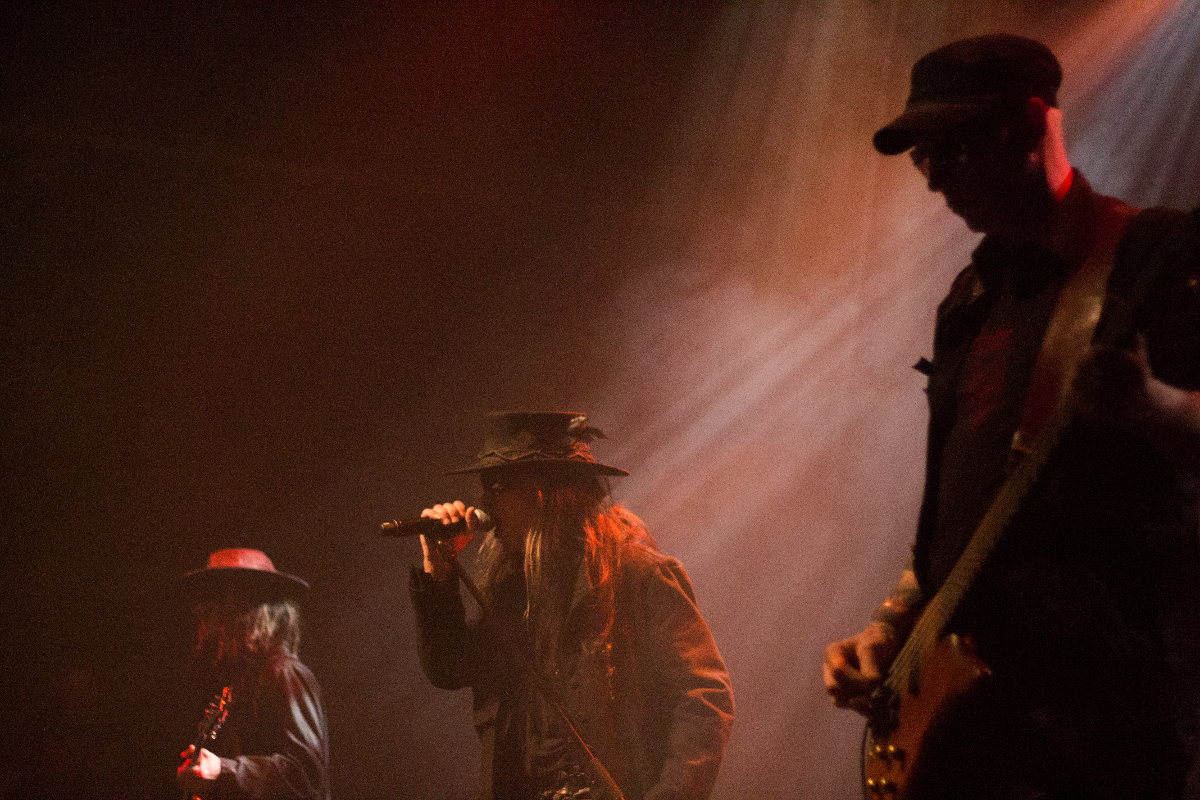 Pressed on four different mixtures of coloured vinyl and its sleeeve graced by vibrantly lysergic geometrical paintings by Pete Greening, Drone-Mind//Mind-Drone 4 is another landmark release from the label whose very name defines their purpose more than most others. The fourth instalment of Drone Records‘ LP-length explorations of meditative instrumentals of all sorts from across the globe brings to light six new pieces by a quartet of composers from far-flung — but no longer necessarily musically distant — corners of the Earth.
Pressed on four different mixtures of coloured vinyl and its sleeeve graced by vibrantly lysergic geometrical paintings by Pete Greening, Drone-Mind//Mind-Drone 4 is another landmark release from the label whose very name defines their purpose more than most others. The fourth instalment of Drone Records‘ LP-length explorations of meditative instrumentals of all sorts from across the globe brings to light six new pieces by a quartet of composers from far-flung — but no longer necessarily musically distant — corners of the Earth.
French artist Jérémie Mathes uses the resonant properties of a metal tank to equally involving effect in “Uunartoq Qeqertoq”, processing and mixing the sounds into something which evidently utilises the real world as its starting point. He takes the listener into a dreamlike space of dense meshes of accumulated echoes, whether recorded in the field or generated in the studio. Here the mood is more unsettled, variable. The nagging sense of imminent dread which Mathes creates is often palpably unsettling as liquid sounds morph into the clack of stones under an all-encompassing sussurus of gathered-in drones in an eerie emergent whispering of mysteries of uncertain purpose.
From Portugal, Iliou Persis‘ “Tomba Di Tutte Le Imagino” is apparently inspired by the surreal possibilities and symbolism of masks, unfurling on a rhythmic bedrock of (what is presumably) electronic percussion. The clatter, ripples and interplay of echoes and delay units sets up a suitably tribal atmosphere which shares a similar headspace with the likes of the likes of Rapoon and Hybryds, uncoiled miasmic reverberations giving way to an eventual bursting forth of the melodic light of angelic choirs. Despite the name and the two track titles’ references to specific places in Ukraine, the pseudonymous creator of “Dark And Blue Full Moon On The Bank Of Dnieper River (Kremenchuk)” and “When I Became The Clouds Above Kremenchuk” is apparently from Pakistan. Claiming Roman Kharkovsky to be a being of “higher spiritual intelligence” from Kharkhov, the music attributed to the spiritual plane beyond the steppe shimmers with a suitably otherworldly glamour. Each track rises high and ethereal to float mysteriously across the stereo spectrum, engendering results that are simultaneously deeply droney and possessed of an epic sense of imaginative grandeur.-Linus Tossio-



